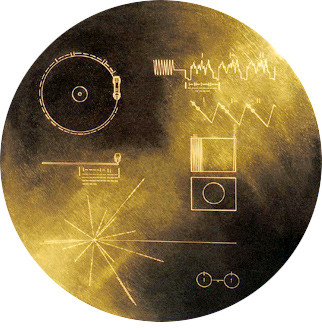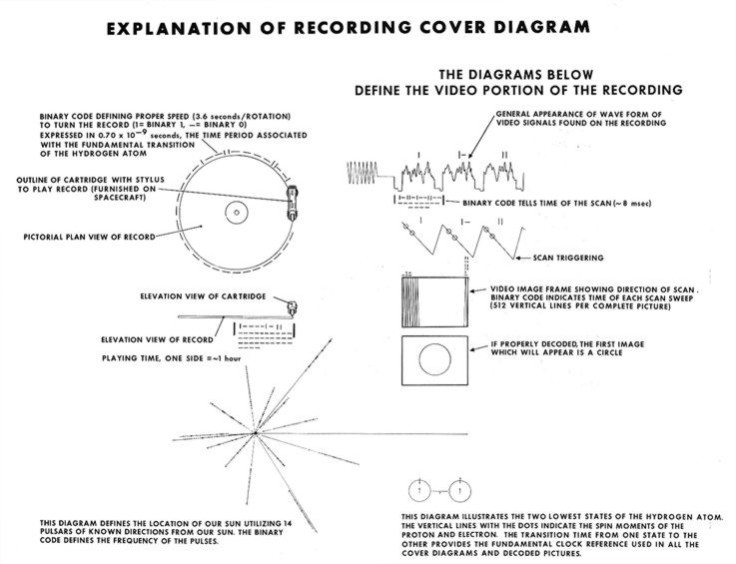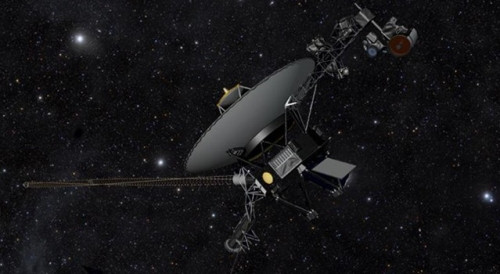Nasa Golden Record: Listen to tracks on board Voyage spacecraft on SoundCloud

Nasa has released Voyager's Golden Record on SoundCloud – the tracks intended to tell the story of our world to any extraterrestrials the spacecraft might come across.
The tracks include greetings in 55 different languages – from Akkadian to Wu – and sounds from nature, industry and different cultures across the globe.
Users can visit Nasa's SoundCloud page to hear them all to see what aliens would be listening to as Voyager makes its way out of our solar system and into deep space.
The tracks were picked by a committee chaired by astronomer Carl Sagan of Cornell University. "Sagan and his associates assembled 115 images and a variety of natural sounds, such as those made by surf, wind and thunder, birds, whales, and other animals," Nasa said.
"To this they added musical selections from different cultures and eras, and spoken greetings from Earth-people in 55 languages, and printed messages from President Carter and UN secretary General Waldheim."
The purpose, the space agency said, was to "communicate a story of our world to extraterrestrials".

Each record was encased in a protective aluminium jacket with a cartridge and needle. Instructions in a symbolic language explain where Voyager came from and how to play the records.
Voyager was launched in 1977 to study the outer planets. Since then it is thought to have travelled about 12 billion miles.

After Voyager leaves the solar system (it was thought to have left in 2013 but some scientists are not convinced) it will be 40,000 years before it makes a close approach to any other planetary system.
Speaking in 1977, Sagan said: "The spacecraft will be encountered and the record played only if there are advanced spacefaring civilizations in interstellar space. But the launching of this bottle into the cosmic ocean says something very hopeful about life on this planet."
© Copyright IBTimes 2025. All rights reserved.






















